EU lowers maximum levels for dioxins and dioxin-like PCBs in food
21 Nov 2022The European Commission (EC) has moved to lower maximum levels for dioxins and dioxin-like polychlorinated biphenyls (PCBs) found in foodstuffs produced in or imported into the EU.
In legislation that enters into force this week, the revised levels are in response to increased levels of the toxic chemicals found in food and feed that increase the risks to animal and human health.

“It is appropriate to establish maximum levels for dioxins and for the sum of dioxins and dioxin-like PCBs for foodstuffs not yet covered by Union legislation and for which occurrence data have been recently made available in the Authority’s database,” the EC stated.
The updated legislation sets maximum levels for products not previously covered such as meat and meat products from all bovine and caprine animals, horses, rabbits, wild boar, wild game birds, and venison.
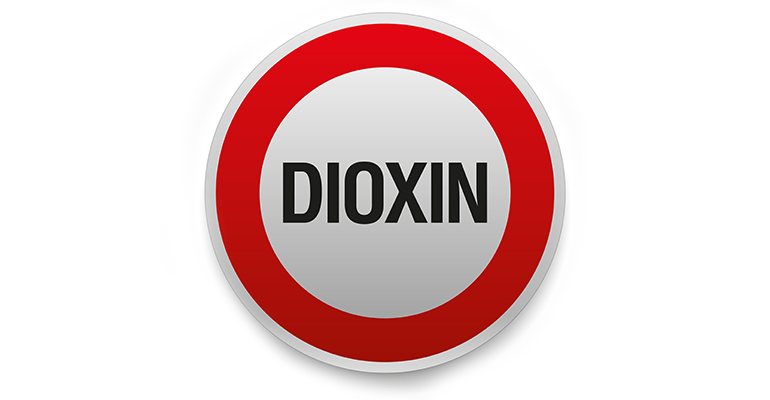 © AdobeStock/panimoni
© AdobeStock/panimoni
The EC also lowered maximum levels for dioxins and the sum of dioxins and dioxin-like PCBs in milk and dairy products taking available occurrence data into account and considerations for vulnerable population groups.
Additionally, maximum levels for crustaceans will now apply to the muscle meat of the abdomen. Further amendments extend to limits for milk and dairy products, which are reduced on the basis of the occurrence data.
The existing maximum level for hen eggs was also extended to all poultry eggs with the exception of goose eggs.
EFSA opinion taken into account
Determination of final levels have been guided by a 2018 scientific opinion by the European Food Safety Authority (EFSA) that established a tolerable weekly intake of two picograms toxic equivalence (TEQ) per kilogram body weight per week for the sum of dioxins and dioxin-like PCBs.
EFSA stated that estimates of chronic human dietary exposure to dioxins and dioxin-like PCBs based on available data indicated a “significant exceedance” of the tolerable weekly intake for populations of all age groups.
In its scientific opinion, EFSA also highlighted the impending review of current WHO2005-TEFs (Toxic Equivalence Factors) set by the World Health Organisation (WHO).
In harmonizing TEFs for dioxin and dioxin-like compounds at an international level, recommendations can therefore be given to national regulatory authorities.
The review will take into account new in vivo and in vitro data, in particular that of PCB-126 and is set to be completed in 2023.
The Commission’s amendment will apply from 1 January 2023 and also covers products with a long shelf life that were lawfully placed on the market before the date of application.
Under the new legislation, the products can remain on the market until their date of minimum durability or use-by-date.
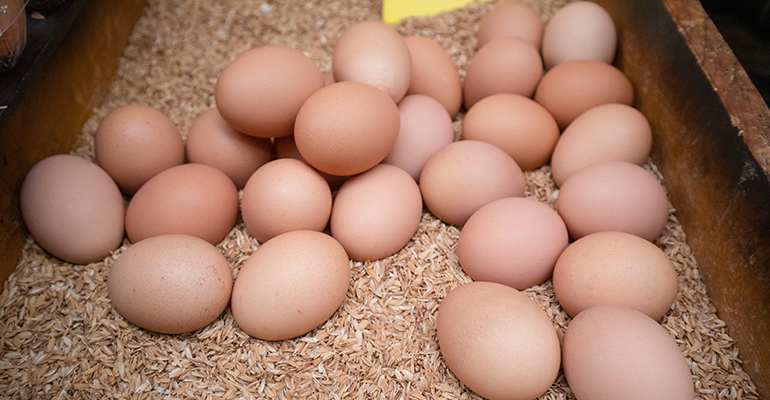 © AdobeStock/Marko
© AdobeStock/Marko
Dioxin & PCB levels in eggs exceed limits
The extended maximum level for most poultry eggs coincided with a study that found levels of dioxins and polychlorinated biphenyls (PCBs) in free-range eggs exceeded EU regulatory food limits.
Data from Asia, Africa, Europe, and North and South Africa revealed the highest dioxin-contaminated eggs were found near an e-waste site in Agbogbloshie, Ghana.
The Czech-based team said a child eating one egg from the site would ingest more dioxins than the EFSA considered a “tolerable intake” for five years.
Related news
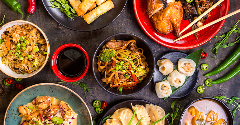
Chinese food brand wants to give customers ‘the full experience’
16 Dec 2022
Food brand Xiao Chi Jie is revamping Chinese cuisine for the modern American consumer. The Washington-based company sells regional Chinese specialties like soup dumplings, noodle kits, and barbeque skewers direct-to-consumer in the US.
Read more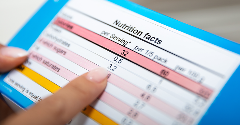
Regulations spur healthy snacking in Europe
15 Dec 2022
Healthy snack demand is on an upward trajectory in Europe, fuelled by products attaching health halos to their products, according to latest figures by Euromonitor – but regulations may be the real driver.
Read more
Could the EU-Mercosur trade deal be revived?
14 Dec 2022
The re-election of Luiz Inácio da Silva, or Lula, as president of Brazil has prompted speculation that the free-trade agreement between the EU and South American Mercosur bloc could be revived – but the European farming sector has concerns.
Read more
Could menopause-supporting products be the next big opportunity?
13 Dec 2022
As supplement brands launch products to relieve the symptoms of menopausal women such as nutraceutical gummies, the unmet needs of this group is attracting government attention in the UK.
Read more
Plant-based fish and seafood launches around the world
12 Dec 2022
From pea protein-based prawns to microalgae-based tuna alternatives, plant-based alternatives to fish and seafood are on the rise around the world.
Read more
Editors’ choice: Our roundup of the most innovative sweets, snacks and bakery products
9 Dec 2022
The sweets, snacks, and bakery categories are an exciting area, full of fresh and innovative products which are constantly adding meaningful value to the sector.
Read more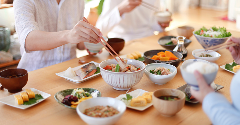
Functional food in Japan centres on health and proving claims
8 Dec 2022
The latest Japanese functional food and drink trends put health and product efficacy firmly on the production agenda for new releases.
Read more
Swedish food agency: One in 10 coffee brands contain excess acrylamide
7 Dec 2022
New findings from the Swedish Food Agency have revealed three of 29 coffee products sampled contained acrylamide above limits, reinforcing the link between levels and degree of roasting.
Read more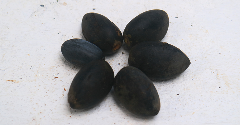
‘Super nut’? Indonesia’s ‘best kept secret’ wins EU novel food approval
6 Dec 2022
A previously obscure, nutrient-rich Indonesian nut is set to hit European shelves after winning EU novel foods approval that could also help protect under-threat kenari forests on the archipelago.
Read more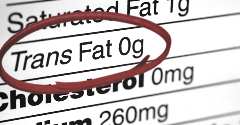
Philippines to restrict trans fats in processed foods
5 Dec 2022
Use of artificial trans fats in pre-packed processed foods will be restricted in the Philippines as the country looks to eliminate its consumption from other sources too.
Read more